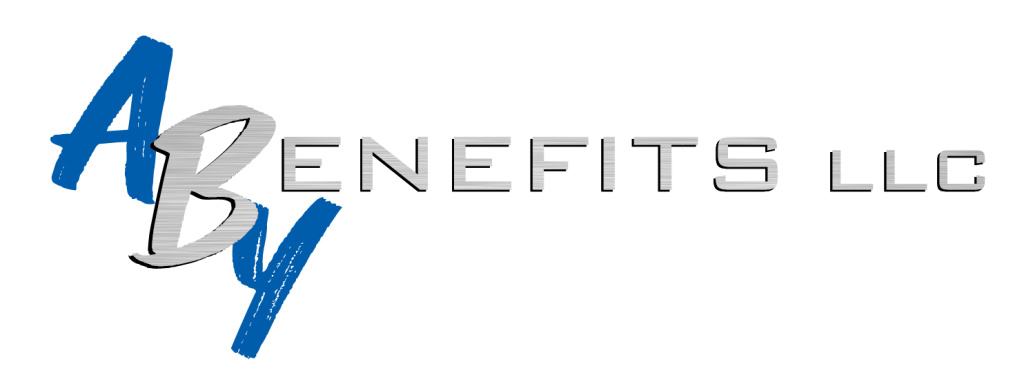On Wednesday June 27th the New Jersey Health Insurance Market Preservation Act was signed into law. This was just the latest development in an effort for several states who are attempting to enact Mandated health insurance at the State level.
The New Jersey law in effect enforces residents, by way of penalty, to enroll in qualified health insurance. This law will be enacted on October 1, 2018 and will apply to taxable years beginning Jan 1, 2019.
It is being said that in many ways this Mandate was designed to mirror the Mandates brought forth by the Affordable Care Act (ACA). Here are a few of the similarities:
- Annual penalty of 2.5 percent of a household’s income or a per-person charge
- Maximum penalty based on household income will be the average yearly premium of a bronze plan in the state (rather than nation like the federal law)
- maximum penalty based on per-person charge will be a maximum household penalty of $2,085
Reporting Guidelines
Along with this come reporting requirements. Employers will have to report qualified offers of coverage to individuals to track subsidy eligibility. The bill states that “In summary, any reporting that was acceptable under the ACA’s federal guidelines will be accepted under the New Jersey’s state reporting guidelines”.
Other States to Potentially Enact Health Insurance Mandates
Massachusetts was the first state to enact a health insurance mandate (took effect in 2006 and was a model for the health insurance mandate in the ACA). It is still implementing this mandate.
Vermont governor, Phil Scott, signed a bill on May 28 that would establish an individual mandate. The details for the bill such as financial penalties and enforcement mechanisms will not be determined until the 2019 legislative session, which means the mandate won’t go into effect until January 1, 2020.
Maryland Democrats running for Governor have all agreed to a health insurance program that has many ACA related items. The insurance program will create a state individual mandate where the penalties imposed on individuals for not obtaining health coverage would be used as a “down payment” to obtain health insurance policies.
Other states that have discussed the possibility of a state individual mandate are; California, Connecticut, Hawaii, Minnesota, Rhode Island, Washington, and District of Columbia. Many of these states’ ability to implement an individual mandate will hinge on the results of the midterm elections this November and how many Democrats are voted into office.
It has been rumored that if these states are able to enact Healthcare Mandates they will do so with the intention of having their state laws closely mirror the infrastructure of the Affordable Care Act. Several of the states are attempting to use re-insurance coverage to take care of the expense associated with higher risk individuals. It has been reported that penalties associated with the Mandates and subsequent reporting will be used to fund these re-insurance premiums.
Overall Outlook
A few weeks ago, we published an article outlining the potential impact of the upcoming Mid-Terms as it pertains to Health Care reporting. That Article can be found here.
It seems that the Mid-Terms will take a determining role in how this all plays out. However, these laws being taken to the State level are a sign that no matter the outcome on the Federal level, there are many states who are ready to enact “ACA like” laws of their own.
The IRS is currently enforcing the Individual Mandate at the Federal level for 2018. Additionally, enforcement of the Employer Mandate continues to occur. Letter 226J is being sent out for the tax year 2015, and our sources are saying that 226J letters for 2016 are soon to follow.
Right now, may be a very good time to retroactively review your previous years filings


